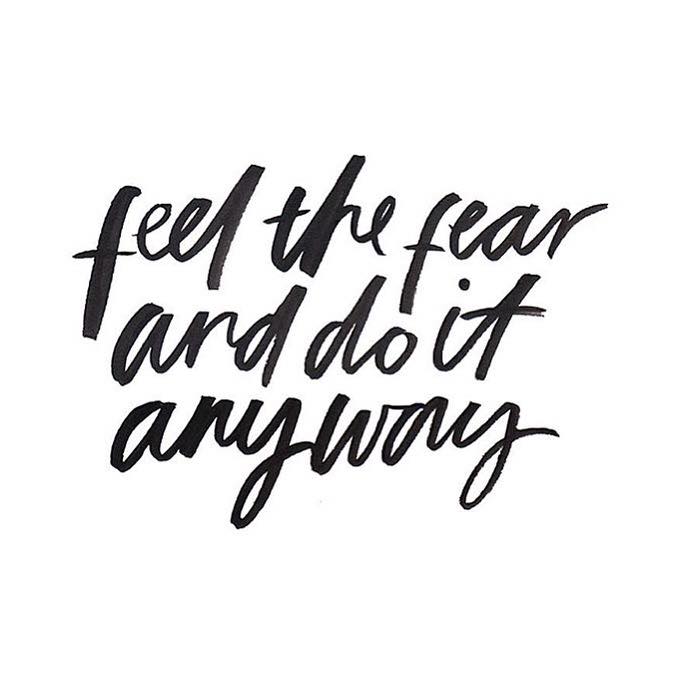Welcome!
Some of you will remember I used to blog a couple of years ago, but I got self-conscious and removed all the posts. So here I am, starting again and hoping to keep up with it.
As I mainly blog about mental health, my first post will be dedicated to explaining the strategies I use to keep well. I should firstly mention, that the techniques I am going to describe are not my own ideas and are actually ones suggested to me when I received CBT (cognitive behavioural therapy) last Summer until this Easter.
For anyone wondering what this therapy is, it's a combination treatment targeting the cognitive distortions involved with mental illness, as well as implementing behavioural changes at the same time. At first I was very skeptical about this treatment, however I can honestly say it has been the successful (yet challenging) one I have experienced.
During CBT, you learn new ways of dealing with unhelpful mindsets and behaviours. So my first strategy is:
1) Challenging negative thoughts
Although some people can challenge negative thoughts in their head, in therapy I learnt that writing them down can be more successful (I am speaking for myself on that one). It starts by writing down a negative thought that you currently have e.g. 'I'm not strong enough to complete my degree' was a typical one of mine. The next step is to weigh up the pros and cons of the scenario e.g. what are the positives for completing my degree, what are the negatives. Create two columns. I used to find that when writing them down the pros would always outweigh the cons. After this, I would create a new more neutral (or even positive thought) e.g. 'I will be able to complete my degree'. I would then be able to look at the thought through a new, more helpful perspective.
2) Positive log
This is another writing down exercise that helped me. I used to do this far more often than I do now, as I find that I now have the positive mindset to do this in my head. Everyday I would write down a positive for the day- ignoring any negatives. No matter how small or irrelevant it may seem, write it down! I used to write some things down that will seem so trivial to others e.g. I went to a gym class on my own, I drove in the dark in an unknown area, I applied for jobs etc. At the end of the day, take that positive statement and write a 'I am' or 'I can' statement from it. E.g. I went to a gym class on my own- I am confident and brave. This massively helped me with my anxiety and my depression too, as I could always see little positives no matter how bad of a day it was. I now have a notebook full of positive thoughts and 'I am' and 'I can' statements to look back on when I need them.
3) Self-soothe
Now this one is very important. There are 5 different types of self-soothe, each for the different senses; touch, taste, smell, feel and hearing. I have self-soothe on the brain nowadays because for ten months it was hammered into my brain non-stop! Self-soothe comes under a term called distress tolerance. When we are feeling distressed, soothing ourselves is the best way to ground and calm down quickly. I have used (and still do use!) a variety of self-soothe activities including: painting my nails, exercising, bubble baths, scrapbooking, listening to music etc. I built up a collection of self-soothe activities in CBT that I had previously neglected.
4) Balance
The most important thing I learned in therapy: balance. Everything in life needs to be balanced. I went into CBT with no life balance. Learning to balance social relationships (partner, family and friends), job, university work and exercise were my main categories. Everybody has different. What worked well for me was drawing a massive pie chart on a whiteboard and splitting it into sections depending on the amount of time in a week I wanted to allocate to each piece of the pie. It was this visual aid that made me realise my life lacked balance and something needed to change.
I really hope that these tips are useful to at least one person. There are plenty more useful techniques you can use to stay on top of your mental health but these are definitely my main four. I am very thankful that I am feeling the most stable I have in years (hence why I feel okay to write this), but I put this down to this wonderful treatment.
If anyone has any questions about CBT or these strategies I have shared then please do let me know.
And lastly, remember that if you are facing hard times, you really do have the power to turn this around. ❤
